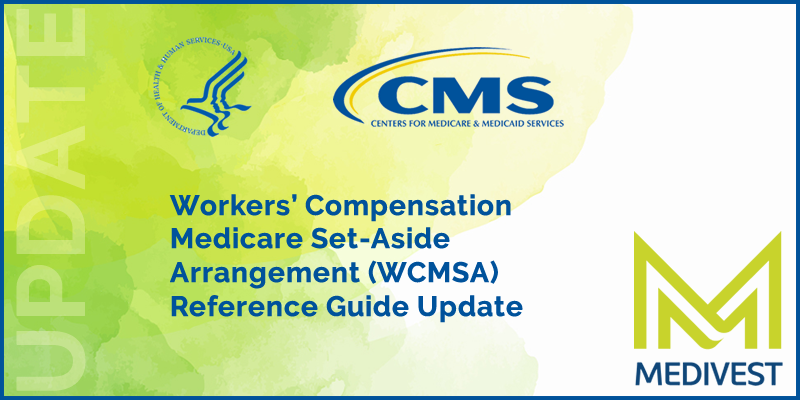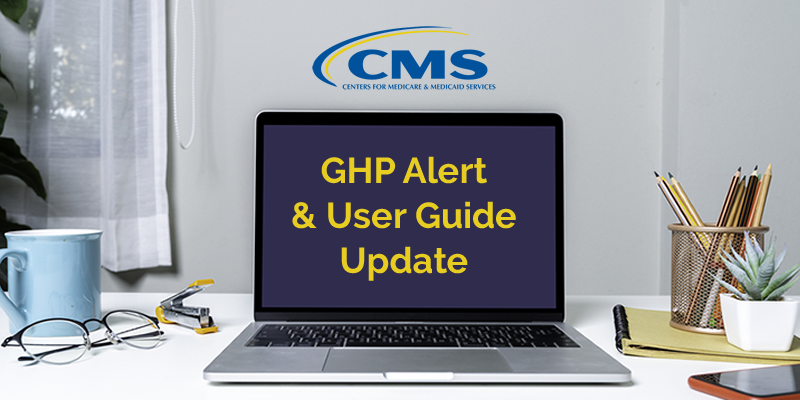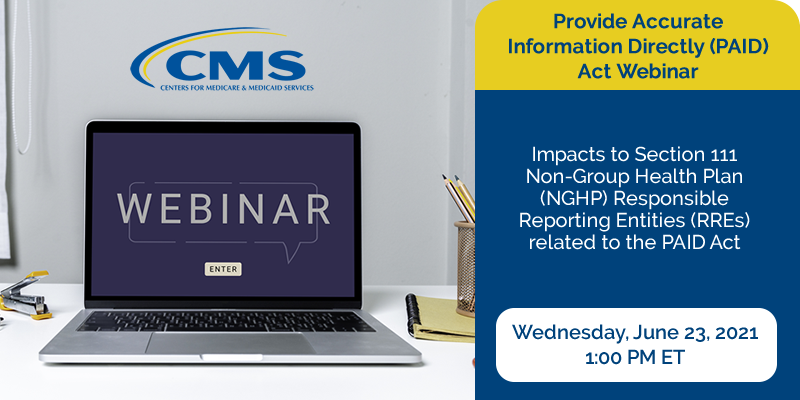1. Section 4.3 of the new WCMSA Reference Guide does not constitute new policy at CMS or new risk for settlement stakeholders. The WCMSA Reference Guide has for a long time maintained the same position on and response to submission and non-submission of MSAs that meet the submission threshold. It is, however, the first time CMS has specifically referenced MSA products branded as “evidence-based” or “non-submit” and given an opinion on those products.
2. CMS is communicating its concern that MSAs specifically designed to forego the submission/approval process may inadequately consider Medicare’s interest. While it is reasonable for CMS to maintain such a concern, the assumption that any MSA not approved by CMS is inadequate is problematic and contradictory to their position on MSAs that do not meet review thresholds. And submission/approval for MSAs that do meet review thresholds is still voluntary.
3. The party with the most to lose is the beneficiary. The primary consequence referenced in 4.3 is denial of payment for the beneficiary’s injury-related care in the event of MSA exhaustion. CMS says it will continue to deny payment until the entire net settlement has been fully spent down (not the total MSA amount). This could occur in events of permanent exhaustion or during temporary exhaustion periods when the beneficiary’s MSA is exhausted until the next funding payment is received. Keep in mind that this doesn’t apply to MSAs that do not meet the review threshold. Also, there is an appeal process for denial of payment. But the greatest risk-bearer is the applicant.
4. Since MSA exhaustion represents the greatest risk to the applicant, a program of proper funds administration is preferable. A burden shift to Medicare can only occur once Medicare becomes the primary payer. A MSA that remains solvent will maintain Medicare’s payment position as secondary indefinitely. While it is impossible to foresee every expense that a MSA may incur over an applicant’s lifetime, a properly funded MSA in the hands of a competent administrator is the best protection of the interests of both Medicare and the applicant.
5. Thoughtful consideration should be given to the adequacy of an evidence-based or non-submit program. It is entirely possible to produce a fully adequate and reasonable MSA without CMS’s review and approval. However, not all products are created equally. It’s important to be confident that the methodology in use produces MSAs that consider Medicare’s interests sufficiently.
6. The best indemnification is a reasonable MSA properly administered. CMS mentions indemnification in their 4.3 language. Many MSA vendors pair specific indemnification language with their non-submit products. The purpose of the indemnification language is to provide stakeholders with a layer of protection for bypassing CMS approval. Those stakeholders will want to pay special attention to any loopholes that condition any protection on the behavior of the beneficiary. Thoughtfully consider indemnification language before going the non-submit route. And as mentioned in #4 above, much of the risk produced by not submitting MSAs to CMS is mitigated by properly written MSAs administered by a competent professional.
Recommendation
Section 4.3 of the latest WCMSA Reference Guide does not produce anything particularly new. Still, it’s important to cover all the bases. For maximum avoidance of risk, submit MSAs to CMS for review that meets the review threshold. If submission is not palatable, it is still possible to write fully adequate MSAs that reasonably consider Medicare’s interests. The important questions to ask are: 1) Does the writing methodology stand on its own apart from CMS submission, rather than taking advantage of the lack of oversight to unreasonably shave costs? 2) If there is indemnification language provided with the non-submit MSA, is it heavily contingent on exceptions that weaken the protection it purports to provide? 3) Understanding that the risk mainly falls in the lap of the beneficiary and is triggered at exhaustion, is a competent administrator with the ability to contain medical costs in the picture to make sure the MSA has the best chance of remaining solvent throughout the applicant’s life?
For a downloadable copy of this piece please click here.






 Section 10.5 wording change is as follows in yellow highlight:
Section 10.5 wording change is as follows in yellow highlight:








